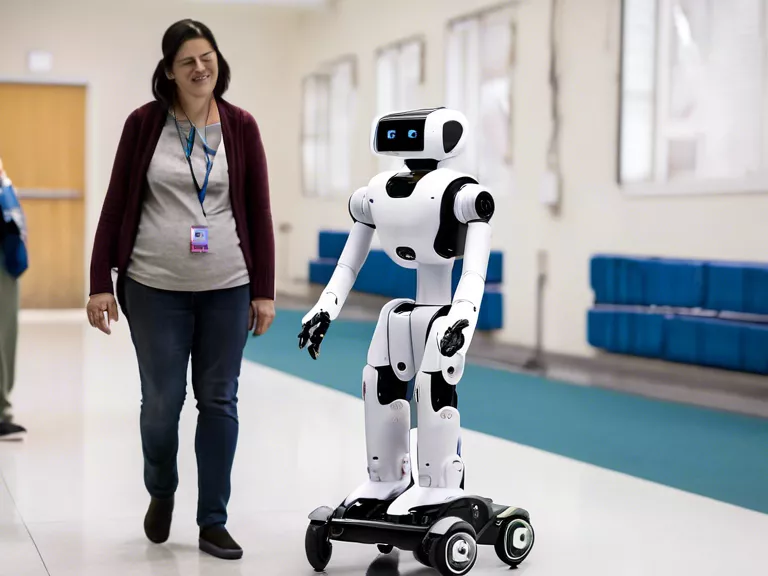
Robotic Process Automation (RPA) is revolutionizing the way businesses operate by automating repetitive tasks and streamlining processes. This article explores the role of RPA in transforming business operations, increasing efficiency and reducing costs.
RPA involves the use of software robots or "bots" to perform routine tasks such as data entry, invoice processing, and customer service inquiries. These bots can mimic human actions within digital systems, allowing companies to automate time-consuming processes and free up employees to focus on more strategic tasks.
One of the key benefits of RPA is its ability to improve operational efficiency. By automating manual tasks, businesses can significantly reduce errors, increase speed, and achieve consistency in their processes. This not only leads to cost savings but also enhances overall productivity.
RPA also plays a crucial role in enhancing customer experience. By automating customer service processes, companies can respond to inquiries faster and provide more accurate information. This leads to higher customer satisfaction and loyalty.
Furthermore, RPA enables businesses to adapt to changing market conditions more quickly. By automating processes, companies can scale operations up or down as needed, without the need for additional resources. This flexibility is essential in today's fast-paced business environment.
In conclusion, the role of Robotic Process Automation in transforming business operations cannot be overstated. By automating repetitive tasks, improving efficiency, and enhancing customer experience, RPA is driving significant improvements in how businesses operate. Embracing RPA can help companies stay competitive and agile in an increasingly digital world.



